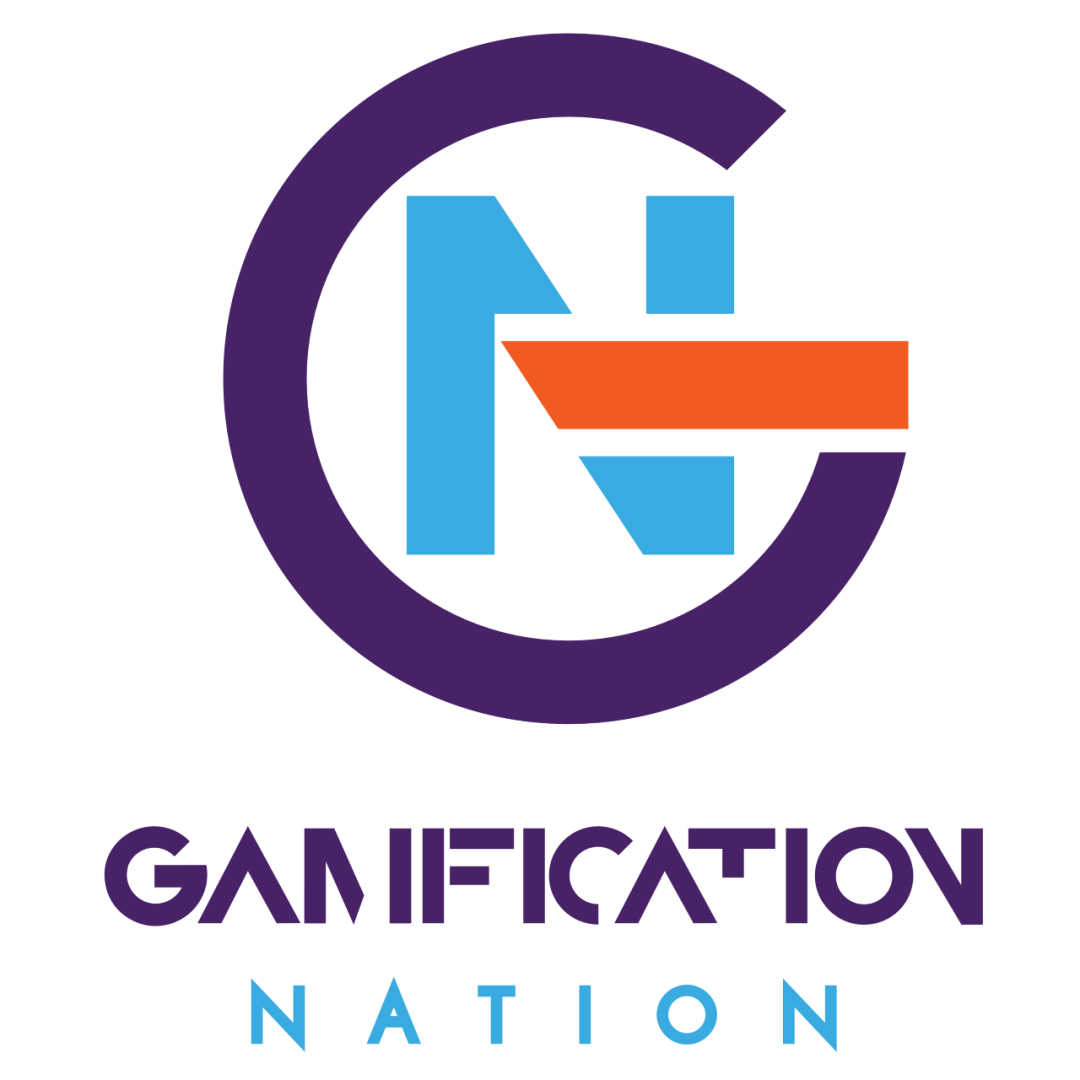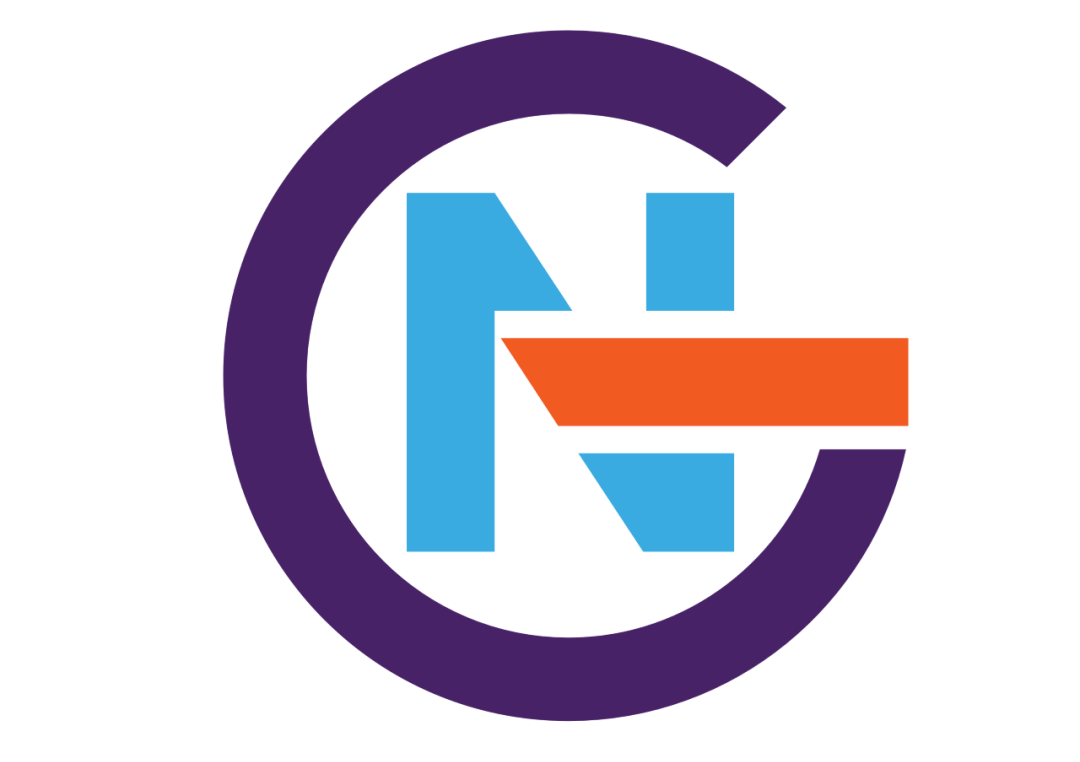In a recent draft, the World Health Organisation is proposing to have video game addiction included as a disorder. The definition describes a person that prefers gaming over other activities such as socialising, work or school work and other interactions. The focus is on achieving in the game and neglecting anything outside of this game environment for weeks and months on end. Just to be clear, we are not talking about the afternoon that whizzed by because you were engrossed in playing a game. As long as you can walk away from the game and go about daily life, I would say you are likely not in the addiction zone.
I see it a bit like any other addiction, having a glass of wine or beer at the weekend with friends or family is not necessarily a problem, as long as you can stop it the rest of the week or even if you just don’t feel like an alcoholic drink choose something else. However, if you need to have an alcoholic drink to function every day, then we are talking about addiction. It is the same for gaming. Moderation is always advisable.
If anything, knowing how to be the best you in any given setting, is what games have figured out how to teach and create and maybe this form of addiction is more a reflection of a society where more and more people are stuck in devices and forget to pay attention to each other. Awareness is the starting point and if that is what opens the discussion about the healthy or unhealthy use of media then let’s support it. Discuss the value games bring to a persons’ life, what skills they learn and how they may apply them in the world of work or study.
Anti-social behaviour like for example hiding in games may also be an indicator of low self-esteem or being bullied or other alternatives of us not feeling so well and needing to escape reality. Before branding someone with the addicted label, pay attention to the person first.
So how does this impact gamification?
The first thing to remember, gamification is the application of game elements and game psychology, hence rarely a complete game. Secondly, gamification is often applied to enhance a process often in business, sports or other areas where we choose to put our focus. The level of impact and immersion I see more cognitive and optional with a specific purpose in mind rather than a full emotional and rational immersion which can be achieved in gaming environments. There is a fine line in an ethical sense of how far you take anything.
A lot of the tools and products we use, from mobile phones to social media, have created more requests to engage and be on all the time. So our tendency is to respond more to online triggers has definitely been activated. Like in everything, some people can find a healthy balance in this, others need help trying to achieve this and a small proportion becomes totally addicted. It remains in my view a question of what you value and what you educate your children, as much as your employees to value.
Gamified elements can make filling in a form or survey a better experience by giving you an indication of how far you have come. In sales, you may have clear paths to follow to earn your commission. In learning, you may see how far you have come on your path to mastering a skill and can earn certification as a starter proof of such mastery. And the list goes on… I fail to see how we create addiction here?!
Whilst the triggers are often online in tools we use and similar to what is experienced in games, I also see that the particular purpose for its use is a real-world goal, which is what the game addicted person is trying to avoid. Often in our gamification designs at least, we build in social interactions and collaboration, again another factor the game addict will avoid. So whilst in my view, there are similarities, the reason and purpose of gamification are vastly different. We do draw on the same science, but the application or at least the ethical form of its application looks for a wholesome approach to individuals.
As organisations and as parents, it is always important to pay attention to the needs of our people. Gamification design at its core starts for us with extensive user research, so we can understand these drivers. We often build programs to build up behaviours that drive success, based on the activities of those that have been successful before. These always include an element of positive reinforcement when it goes well, as well as constructive feedback when it goes wrong. Balance is a case of trial and error. Saying that I think games have brought about more good than bad, just like all forms of entertainment or diversion, moderation is probably a good policy.




